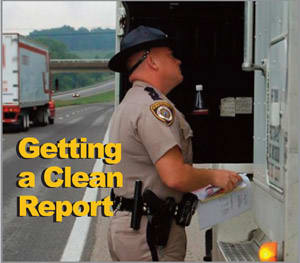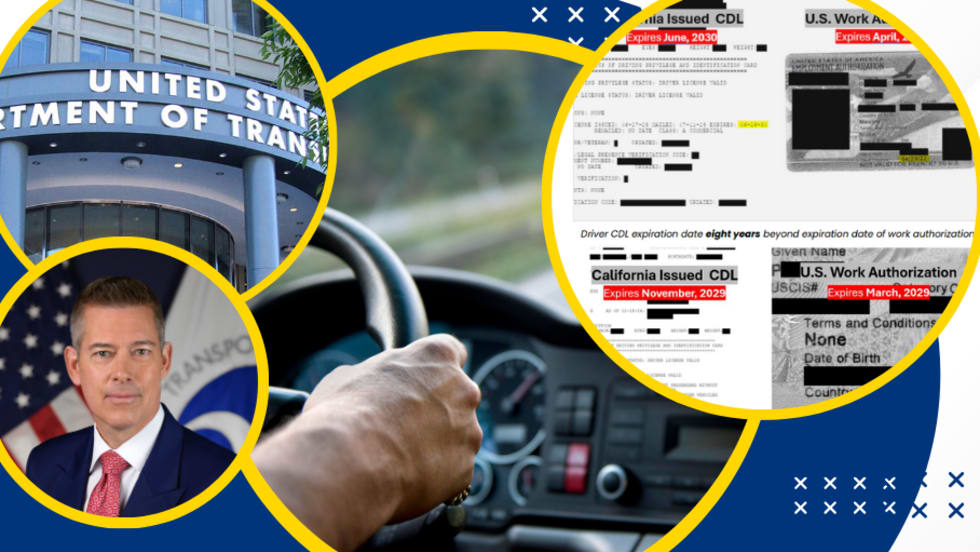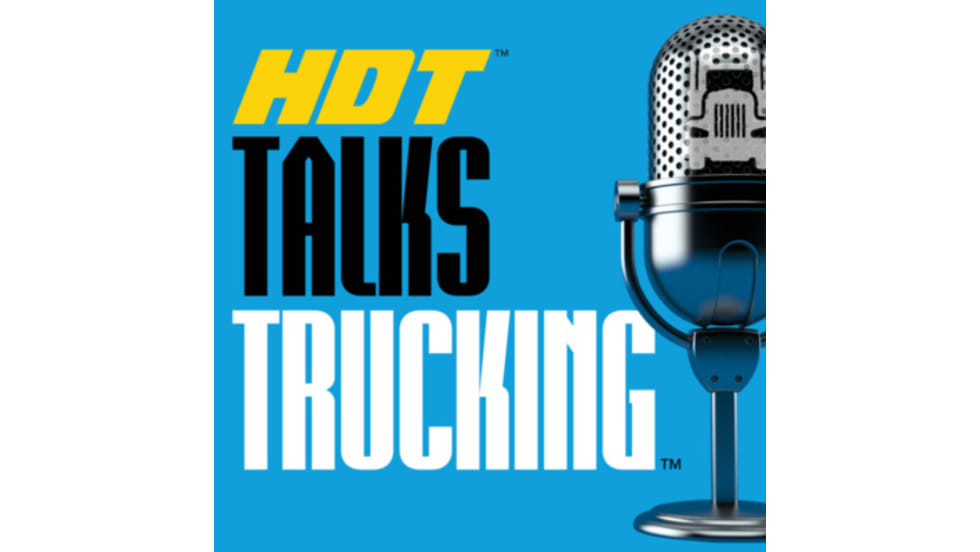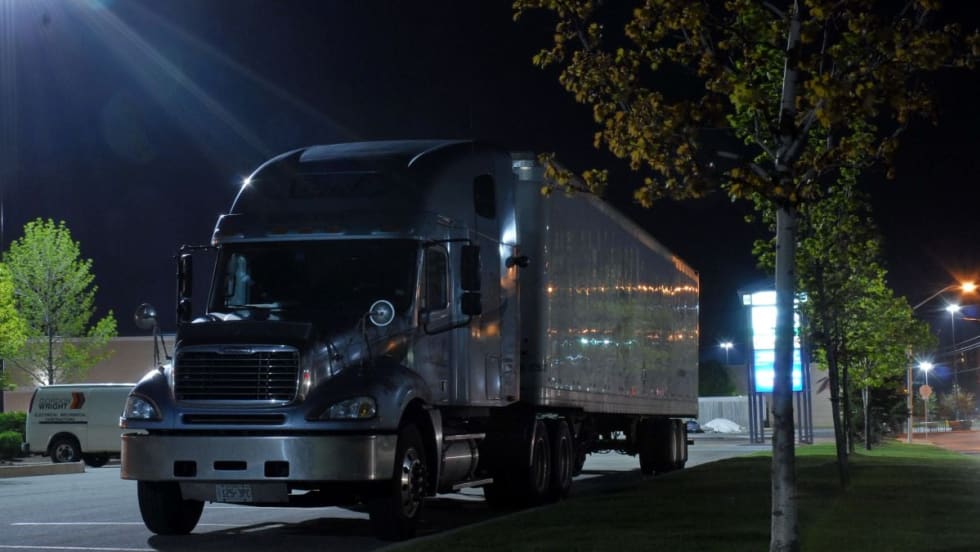Julie Sutton-Hayes understands that roadside inspections will be an important part of CSA 2010. The president of California-based Logistics International Inc., like many carriers, wants to see enforcement officers issue written reports not only for bad inspections, but also for "clean" inspections. So far she's pretty frustrated.
The American Trucking Associations is counseling carriers to do what they can, including training their drivers, to get an inspection report for a "clean" inspection. "Clean reports absolutely matter in this new system," said Dave Osiecki, senior vice president of Policy and Regulatory Affairs at ATA.
Sutton-Hayes has instructed her drivers to ask for written reports of "clean" inspections, but the results have been discouraging. "One guy who is seasoned and historically fair and personable told a driver (in jest), 'Go on outta here. That is, unless you want me to write a ticket.'"
The company has started keeping a report log where drivers now keep track of when and where they are stopped, whether or not they are issued a report and a comment section to list the reasons given for not issuing a clean inspection report.
"It's not about the officers not doing their inspections," Sutton-Hayes explains. "They are doing them. It's not about them being discourteous or unprofessional. It is about them being human, I'm thinking. Unfortunately this can make the roadside inspection ratios look horrible!"
Wiggle Room
Sutton-Hayes found a somewhat vague reference to the issue as part of the FMCSA's CSA 2010 Frequently Asked Questions (Number 44):
"If a driver feels that a safety inspection has been conducted, FMCSA encourages the driver or carrier to ask for a copy of the safety inspection report to document the safety inspection. However, carriers and drivers must understand that law enforcement may only be conducting a pre-inspection screen to determine if a truck or driver warrants closer examination. A pre-inspection screen which takes less time than an actual safety inspection may take many forms but may include but not necessarily be limited to a cursory check of the vehicle. These cursory checks of a vehicle are commonly confused with a complete safety inspection. If a law enforcement officer conducts only a pre-inspection screen then a safety inspection report will not be generated as a safety inspection has not been completed. It is also important to note that different enforcement jurisdictions may use different methods to select or screen a vehicle for a safety inspection. (Writer's emphasis)"
Sutton-Hayes complains that there are clearly no defined criteria distinguishing "cursory" checks or "pre-inspection screenings" from inspections.
ATA's Osiecki agrees. "While there is a difference between screening and inspecting, FAQ 44 is clearly written with a great deal of wiggle room for inspectors and the agency itself," he says.
Enforcement Community Responds
The "wiggle room" is going to have to be addressed mainly by the enforcement community, through the Commercial Vehicle Safety Alliance, said CVSA Interim Executive Director Steve Keppler and Captain Mark Savage of the Colorado State Patrol.
Savage, who chairs a joint FMCSA-CVSA committee that is working on roadside data uniformity, noted that around one-third of the inspection reports conducted since 2006 were uploaded with no violations.
"As a result, there is ample documentation of the high safety performing carriers within the roadside inspection program. If you couple this with the on-going data uniformity enhancement effort and an understanding of how the Safety Measurement System works, both FMCSA and CVSA are addressing and solving several of these issues," Savage said.
Savage added that his committee's approach to the data uniformity issue includes an effort to increase awareness among enforcement personnel of the goals of the inspection program, and to get local jurisdictions to adopt more consistent inspection policies.
The aim of the awareness program is to ensure that the processes used in the collection of roadside data are validated and promote the integrity of the programs that employ the data, he said.
"This educationally-based initiative will target all stakeholders from roadside inspector to program managers with specific training and outreach materials advertising the importance of the roadside data and specifically how it will be used. The goal is to broaden the understanding that every inspection counts and that there is a direct relation between the collection of the data and the end use of the data. This training-based initiative will roll-out in conjunction with CSA 2010 or in the fall and winter of 2010."
Regarding the consistency of inspections, Savage said that CVSA is considering a change to its operational policies that will encourage member jurisdictions to review and formalize their approach to when and how vehicles are selected for inspection. "The goal is to raise awareness that implementing a valid and consistent vehicle and driver inspection selection process operated within the scope of a jurisdiction's rules and policies is the critical foundation upon which the integrity of our programs rest."











